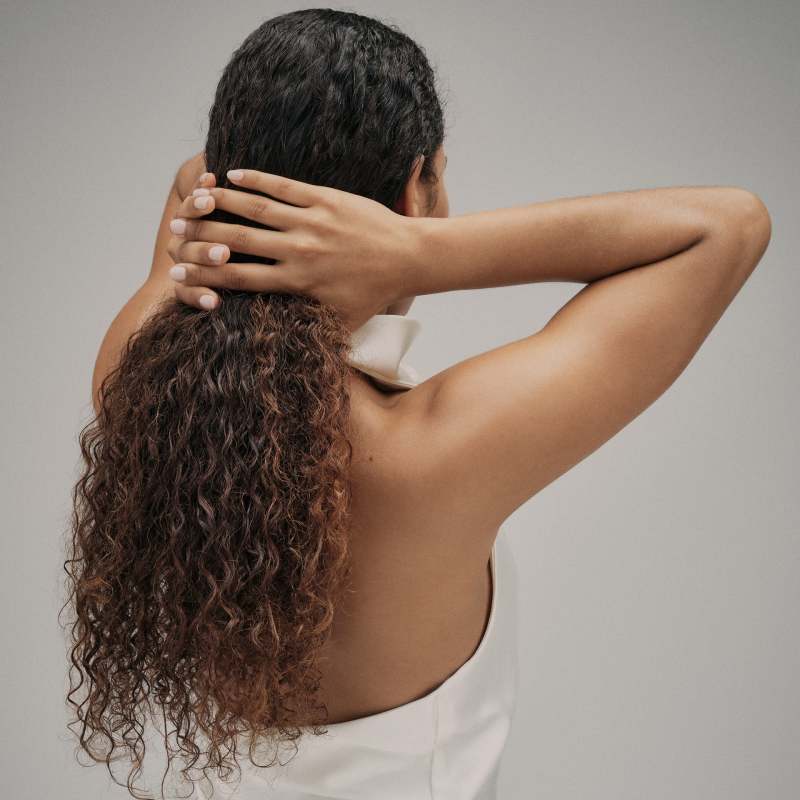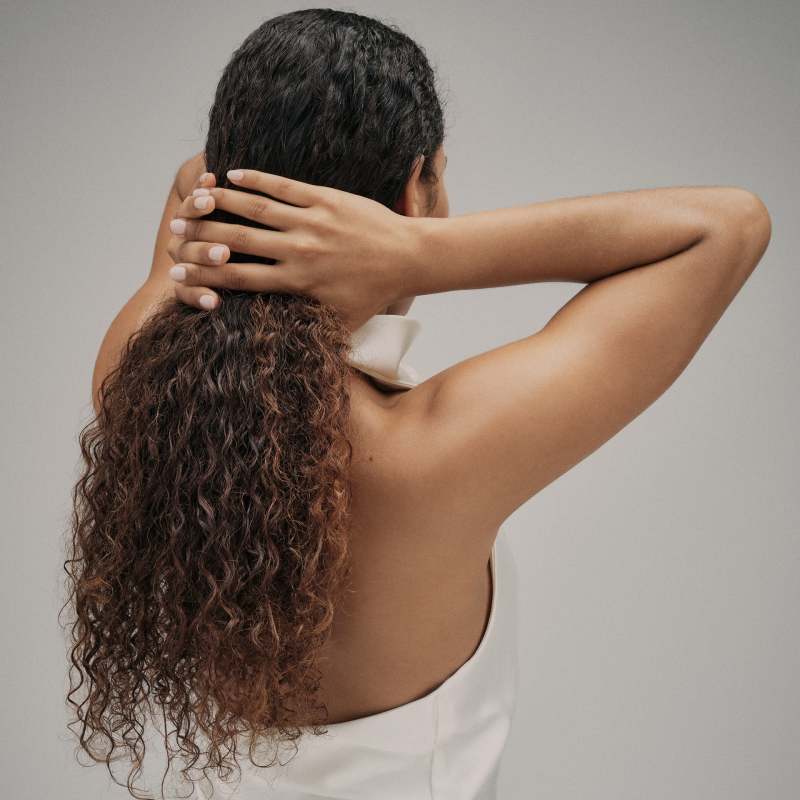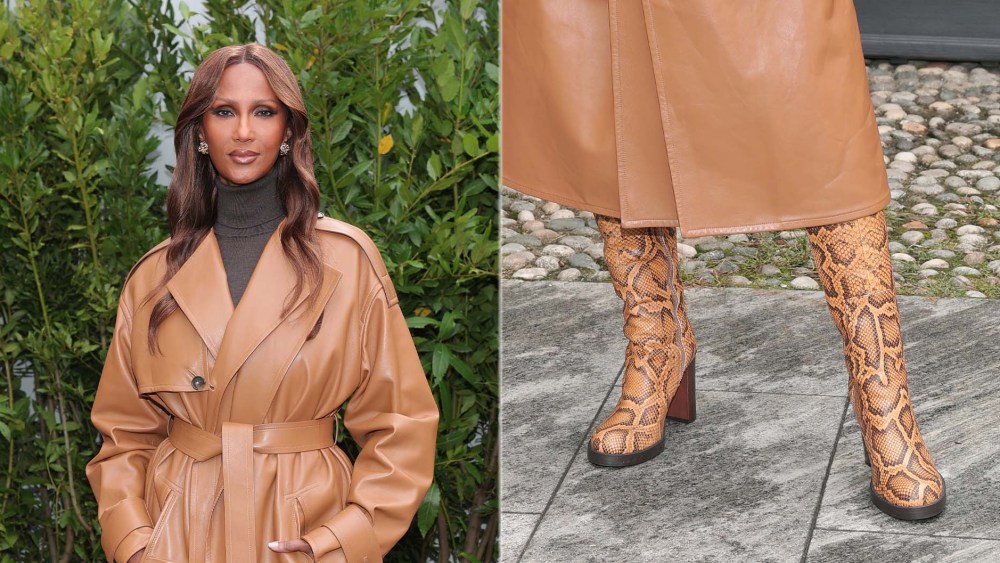
The DEI discourse has — thanks to the current U.S. presidential administration and the major corporations buying into its anti-inclusion policies — reached an unfortunate fever pitch this year. But brushing conversations about diversity, equity and inclusion aside is detrimental to us all; and for businesses, it impacts the bottom line. According to a 2023 McKinsey & Company report, companies that invest in DEI of all kinds, at all levels of operation, are shown to outperform those that do not (and there are plenty of other studies that speak to this point, and a host of other benefits, as well).
But arguably no other industry stands to benefit (and yes, profit) more from investing in DEI than beauty. That’s been a guiding principle for emerging growth fund True Beauty Ventures since its inception in 2020. General Partner Cristina Nuñez and Managing Partner Rich Gersten knew that DEI would be a pillar of the firm, which is focused on early-stage and founder-driven brands in beauty and wellness. They’ve made it a priority both internally (which is beyond rare in the VC world) and externally, with the founders they fund (also disturbingly rare).
“There’s no better industry to be able to disrupt how venture capital has historically operated than in beauty,” said Nuñez in a recent Zoom interview. Referring to the dismal statistics regarding how few female founders secure VC funding (even fewer of whom are women of color), she added: “I don’t even know what the stats are now, but whatever it is, less than 2% of female founders get VC money. First of all, that’s bullshit.”
Related: Indie Beauty’s Go-To Investors on What They Look for in a Brand
While this is clearly a point of passion for Nuñez, it’s something she considers not just on a personal level, but also from an investment opportunity perspective: “We know, especially in our industry, you can invest almost entirely in female founders if you wanted to, and invest in some of the best brands out there.”
“It’s like, how could we not have that mission ingrained in us when this is such a huge opportunity to change how venture capital has historically operated? We’re trying to reflect that both in the founders that we invest and also us as investors, the funders — we control the capital allocation,” she said.
True Beauty Ventures’ 20 brand partners include Ami Colé, BeautyStat, Caliray, Cay Skin, Crown Affair, Dieux, Evolve Together, Feals, Iris & Romeo, K18, Kinship, Maude, Moon Juice, Sofie Pavitt Face, The 7 Virtues, The Maker, Vacation, Youthforia, Jupiter and one which has yet to be announced. Nuñez, who is both a woman and Hispanic, highlighted that TBV’s investing team is 80% female, while 75% of its brand portfolio is led or co-led by women. “This isn’t performative. It’s intentional. We’ve built a team that reflects the founders we back and the consumers they serve,” she wrote in a recent Substack. (TBV’s founders are also ethnically and racially diverse, with many BIPOC-founded or co-founded brands represented.)
Photo: Courtesy of Crown Affair
In 2023, TBV saw its first major exit: Hair-care company K18, in which TBV had invested through its Fund I, was acquired by Unilever in a deal whose specific terms were not disclosed, but reportedly “returned almost 80% of Fund I’s capital,” per Nuñez. So TBV is no stranger to what success looks like for beauty indies today — and its founders credit its focus on DEI for opening that door.
“For us, it’s [about] utilizing the opportunity in this industry, the founders that launch brands, the white spaces that they’re trying to fill, the underserved communities that they’re trying to go after. We go after opportunities to back those founders and build a fund that can have tremendous results because of the diversity of the founders and the communities that they’re serving and the products that they’re putting out there,” said Nuñez.
Gersten (who is, yes, a white man, a demographic far more familiar to the VC space) underscores that working with women in the beauty and wellness industries is simply good business sense: “We’re not trying to check any DEI box or anything. We’re actually trying to be really smart investors in beauty, and most of the brands behind us, are sold to female consumers; females should be the ones trying the products and assessing the viability of them, not a bunch of men.”
With that in mind, both partners emphasize the importance of having “both sides of the table be diverse,” meaning both the founders and the funders, as Nuñez puts it. It also goes beyond gender, racial and ethnic inclusivity, extending to “diversity of experience and thought and how you grew up and what your values are,” per Nuñez. “It’s really important to have that.”
Fashionista’s audience includes 1 million site visitors, 110,000 newsletter subscribers and 4.74 million social media followers. Want to know how to reach them? Learn more.
#DEI #Good #Business #Beauty039s #Buzziest #Investors






